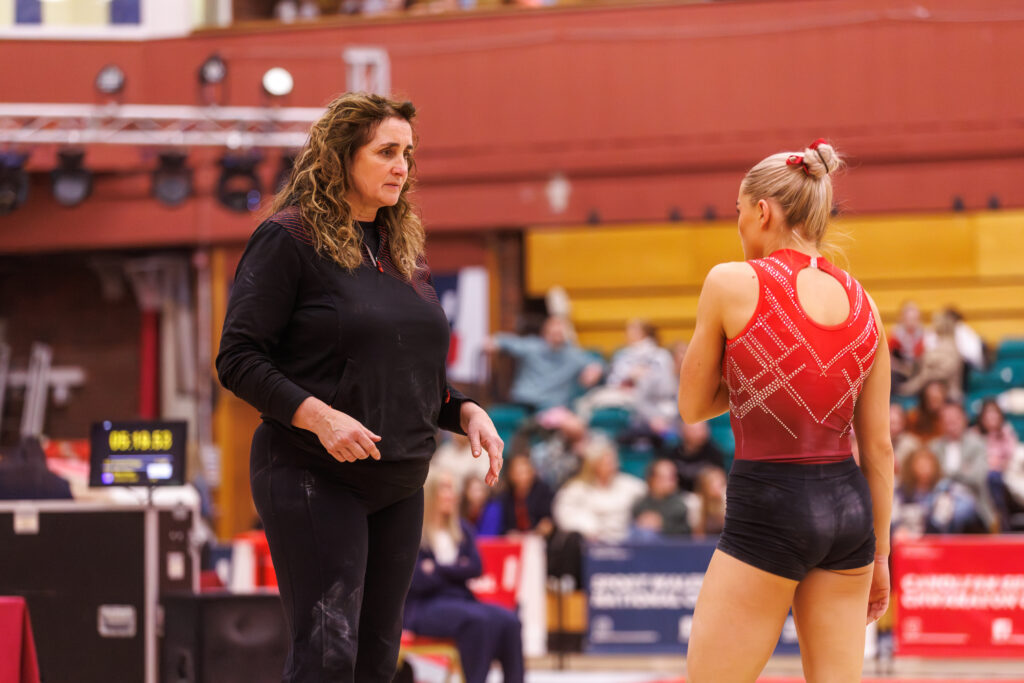Welsh Gymnastics is celebrating national award success after Emilie Allen was crowned Young Person of the Year at the British Gymnastics Annual Awards, while Tracey Skirton and Ruby Evans were named Performance Partnership of the Year (Women’s Artistic).
Emilie’s win is a fantastic achievement and a testament to her dedication, attitude and commitment to the sport. Recognised on a national stage, the award highlights not only her talent but also the positive example she sets within her club and the wider gymnastics community.
In Women’s Artistic gymnastics, the partnership between Tracey Skirton and Ruby Evans has been recognised with the Performance Partnership of the Year award. The honour comes in a landmark period for Welsh Gymnastics, following Ruby making history as the first Welsh Women’s Artistic gymnast to win a medal at a World Championships, a moment that marked a new chapter for the sport in Wales.

We also congratulate all Welsh nominees who were shortlisted this year, including Valleys Gymnastics Academy, Ynys Môn Gymnastics Club and Jo Coombs, for their well-deserved recognition on the national stage.
These achievements showcase the strength, depth and dedication within Welsh gymnastics, from emerging young talent to performance excellence.